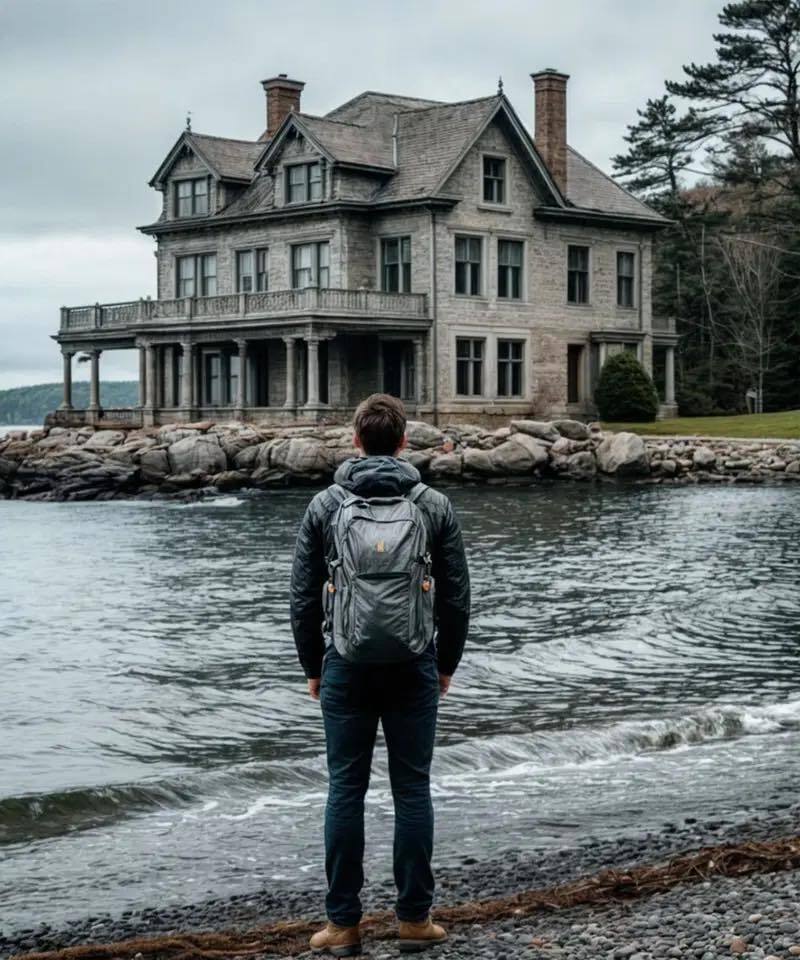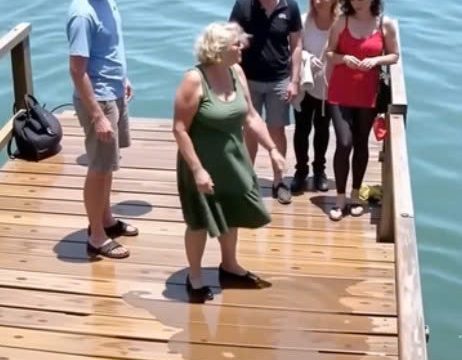Elliott Row was in the middle of making breakfast when the phone rang. The aroma of garlic and butter filled his kitchen as he flipped an omelet in the pan. He wiped his hands on a towel and checked the caller ID, which displayed a number he didn’t recognize. With a puzzled expression, he answered the call, only to hear a man identify himself as his family’s notary. The man explained there was an inheritance matter that required Elliott’s immediate attention the next morning.

Elliott was confused—his parents were alive and well, and he didn’t know of any relative whose passing would involve him. Still, he didn’t ask questions, simply nodded as if the caller could see him and hung up. The following morning was foggy and gray as Elliott drove across the city. What started as mild curiosity had grown into full-blown annoyance. When he arrived at the notary’s office, he was met at the door. The man ushered him in, saying that this wasn’t something ordinary and apologizing for disturbing him on his day off. Inside the eerily quiet office, Elliott took a seat across from the desk, arms folded.
The notary mentioned the name Walter Jonas. Elliott immediately said he had no uncle by that name, but the notary insisted that this man had left everything he owned to Elliott. He placed an antique key, a weathered map, and a slip of paper with an address in front of him. The property in question was a mansion located in the middle of Lake Konamah in Connecticut. Elliott had never heard of Walter or the lake, yet something about the moment pulled at him. Later that day, curiosity overcame logic. He packed a small bag and snacks and set out. Surprisingly, the lake was less than an hour away. As he approached, the road gave way to a silent expanse of water. In the center stood a house, large and looming, as if it had grown from the lake itself.
On a nearby café terrace, elderly men sat sipping coffee. Elliott approached and asked about the house. One man warned him that people didn’t talk about that place, adding that no one had ever been seen entering or leaving, though someone seemed to restock it at night. At a small boat rental called “June’s Boats,” he met a woman who, upon hearing his destination, refused to take him at first. But after some insistence and seeing the key, she reluctantly agreed. She dropped him off, saying she’d return the next day but wouldn’t wait. The wooden pier creaked as Elliott stepped off the boat, which quickly vanished into the fog. Alone, he approached the door, inserted the key, and entered. Inside was dusty yet oddly fresh. Sunlight filtered through thick curtains. Paintings lined the walls, but one caught his eye—Walter Jonas, 1964, standing beside the very house.
The library was filled with books and journals, the latest entry written just a month ago. Clocks in the bedroom had all stopped, and a locket on the dresser held a photo of a baby labeled “Row.” A note on the mirror read: “Time reveals what seemed long forgotten.” In the attic, newspaper clippings told stories, one from 1997 about a missing boy—him. Things turned stranger. His school photo was on a chair. Anxiety mounting, he found a guest room, ate canned food, and tried to sleep, but thoughts kept racing—who was Walter? Why had no one told him? Deep into the night, a loud metallic clang jolted him awake. He grabbed a flashlight and crept downstairs. A draft led him to a tapestry concealing an iron door. Behind it, a staircase descended into darkness. At the bottom was a corridor lined with drawers labeled “Genealogy,” “Correspondence,” “Expeditions.” One drawer read “Row.” Inside were letters to his father, pleading for contact about Elliott. At the end of the corridor stood a door labeled “Jonas Archive,” with a palm scanner and a note: “For Elliott Row. Only for him.” He placed his hand. A projector lit up, revealing a man with gray hair and tired eyes. “Hello, Elliott. If you’re seeing this, I’m gone. I am your real father. Your mother died giving birth. I was afraid and gave you to my brother to raise. But I watched from afar.” Elliott sat in stunned silence. The man expressed pride in who Elliott had become and begged forgiveness. When the message ended, Elliott returned upstairs in a daze. By dawn, June waited at the dock. “Are you okay?” she asked. “Now I am,” he replied. At home, he told his parents. They embraced him and said they thought it was best. Weeks later, Elliott returned to the lake—not to live there, but to restore the house. It reopened as a Center for Climate and History Studies, filled with laughter, learning, and community. The house, once filled with secrets and silence, had found new life.





